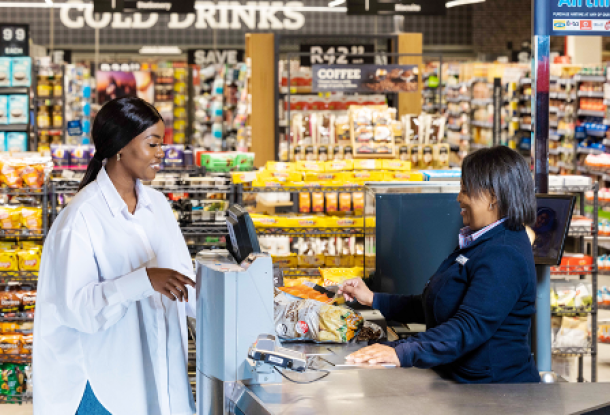The changing face of retail
New-age South African consumers have drastically changed buying patterns, with desires and budget-buying trends heavily impacting the retail industry.
Retailers should be aware of this refreshed consumer mindset, say Gareth Pearson, CEO at BMI research, and Professor John Simpson, director and co-founder of the UCT Unilever Institute of Strategic Marketing.
In this new world, consumer trends seem almost contradictory.
On the one hand aspirational consumers long to improve their standing in life; therefore retailers need to talk to these desires. But on the other consumers are budget savvy. Brand loyalty is not as important as it was a decade ago; price and value for money is the consumer’s priority, and pre-planned shopping with no room for impulse buys is the biggest trend.
Pearson and Simpson say retailers, therefore, need to strategically channel their marketing efforts to meet these changing – and often contradicting – trends, otherwise they will struggle to hit targets.
In terms of aspirational consumers, Simpson says people want to improve their lives, and that, as an example, the desires of the country’s emerging black middle-class has had a huge impact on the retail sector.
“Consumer aspirations in South Africa are important because they allow retailers to target brands to particular customers, giving them an opportunity to buy items they feel better for as a result.”
Earlier this month Simpson shared his research with South African Council of Shopping Centres members.
“In one way or another, whether it is in terms of the consumers’ personal circumstances in terms of their society or their families, they aspire to improve upon certain things.”
As a result, Simpson says, retailers need to make their stores and products more attractive to consumers with aspirations.
“There is a big difference between just satisfying a need and getting something consumers aspire to have, which is normally above their needs.”
However, retailers need to carefully balance this with consumers’ increased savvy, as fundamental behaviour shifts prompted by squeezed household budgets also affect purchases.
Pearson says: “The biggest shopping trend is pre-planning. Consumers are planning their shopping trips more than ever before and seeking specials via broadsheets and pamphlets, comparing prices online, then drawing up shopping lists.
“But these are unlike traditional shopping lists. These lists are detailed, leave no room for impulse buys, are aligned to the monthly budget right down to the last cent and are religiously adhered to, except in the case of on-site specials offering outstanding value.”
In addition, Pearson says shoppers are also prepared to abandon previous brand loyalty as they gravitate to brands offering increased perceived value.
“There is no doubt the recession chickens have come home to roost right here in our backyard, but acknowledging and providing for this refreshed consumer mindset will ensure producers and retailers don’t fall foul of South Africa’s new savvy shoppers in 2017.”
As if this balancing act is not tough enough, retailers also need to bear in mind consumers’ growing gravitation towards online shopping when looking for, comparing and buying items.
According to a survey undertaken by PriceCheck, 58% of respondents shopped online when they spotted a good deal on offer.
PriceCheck founder Kevin Tucker says: “Having shared their reasons for choosing to shop online, most – 95% – respondents say they will continue to shop online in future.”
The Independent on Saturday
News Category
- International retailers
- On the move
- Awards and achievements
- Legislation
- Wine and liquor
- Africa
- Going green
- Supplier news
- Research tools
- Retailer trading results
- Supply chain
- Innovation and technology
- Economic factors
- Crime and security
- Store Openings
- Marketing and Promotions
- Social Responsibility
- Brand Press Office
Related Articles

Two local businesses see a gap as food and groc...

SARS launches WhatsApp channel to help check ta...

Shoprite launches online shopping and bulk deli...

Sixty60 promises lightning-fast delivery of 10 ...



